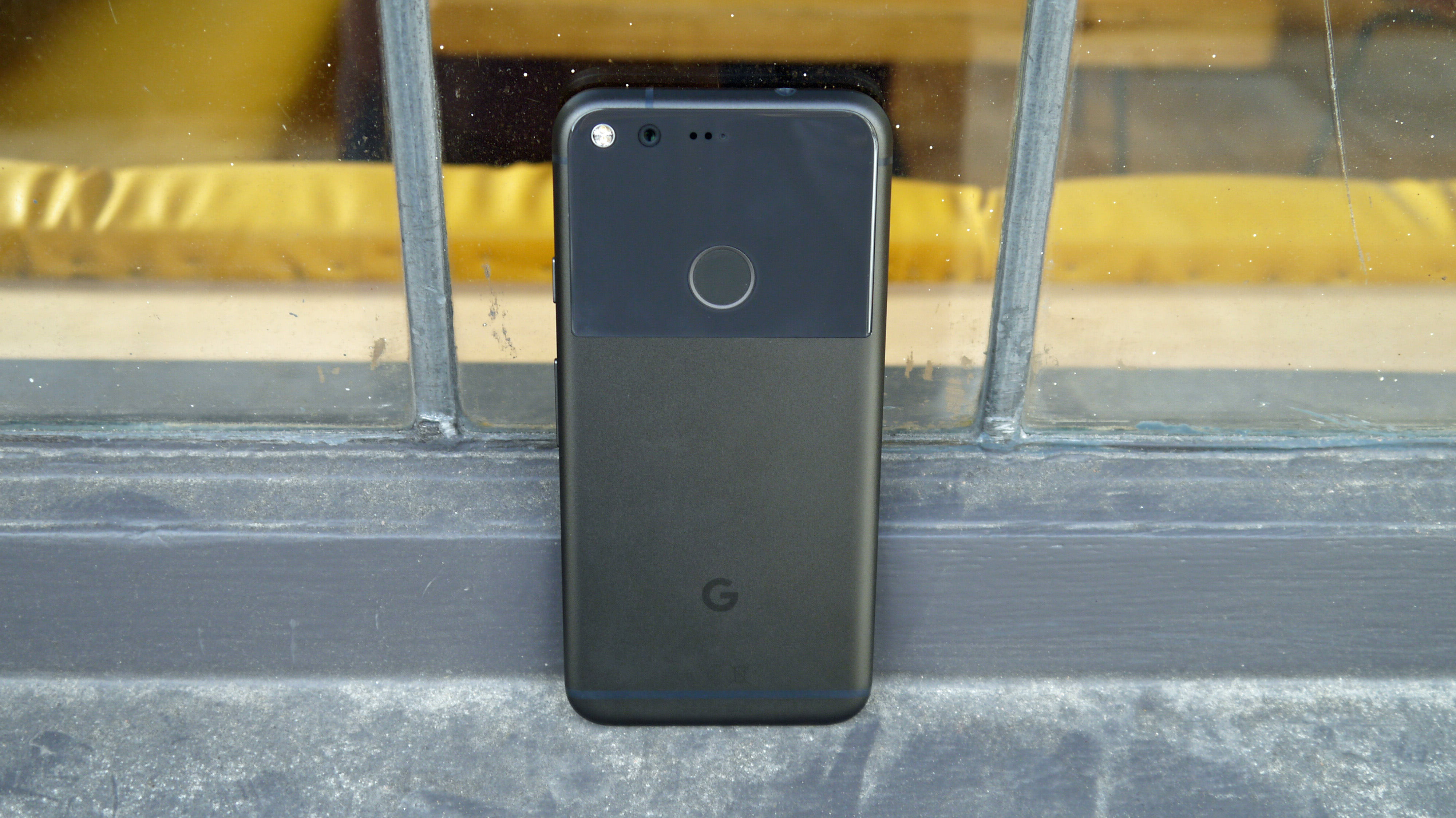Get ready: Google Pixel 2 release confirmed for this year
Premium is here to stay

Google is planning to release a second Pixel this year, and if you were hoping the smartphone would fall ever so slightly from its premium perch, we've got bad news for you.
The word from Rick Osterloh, senior vice president of hardware at the search giant, is the Google Pixel 2 will indeed release this year. He revealed as much to Android Pit during a conversation at this week's MWC conference.
Osterloh said we can "count on" Google following the industry's annual release cycle when it comes to the handset, at least for the 2017 edition.
"You can count on a successor this year," he said of Pixel, "even if you don't hear a date from me now."
Staying premium
Osterloh also said Google doesn't plan to turn the Pixel into a lower-tier device: "Pixel stays premium," he proclaimed.
Apparently when pressed, Osterloh never deviated from his response that Pixel is a premium product. Google will let other hardware makers battle it out for cheaper phone supremacy.
This may be disappointing to some who were hoping for a budget Pixel. Rumors suggested a cheaper version was in the works, but it appears Osterloh has put those to bed. Never say never, however, as Google could surprise with a budget Pixel edition down the line.
Get daily insight, inspiration and deals in your inbox
Sign up for breaking news, reviews, opinion, top tech deals, and more.
As for the Pixel 2, Osterloh didn't offer up any details on what we can expect from the phone. Previous reports suggest it will be a significant upgrade, especially in the camera and chipset departments, and that one or both versions of the Pixel 2 may even go waterproof.
- The best Google Pixel deals this month
Michelle was previously a news editor at TechRadar, leading consumer tech news and reviews. Michelle is now a Content Strategist at Facebook. A versatile, highly effective content writer and skilled editor with a keen eye for detail, Michelle is a collaborative problem solver and covered everything from smartwatches and microprocessors to VR and self-driving cars.
